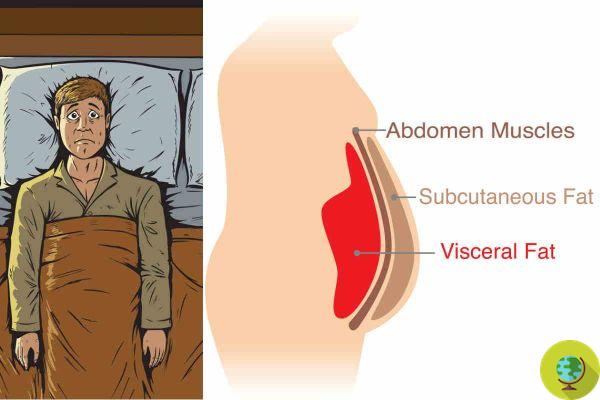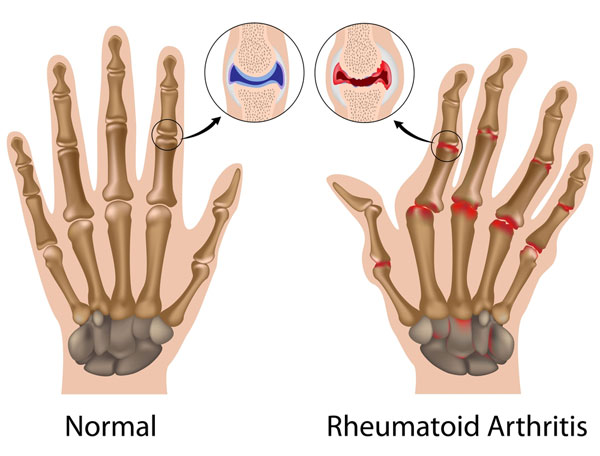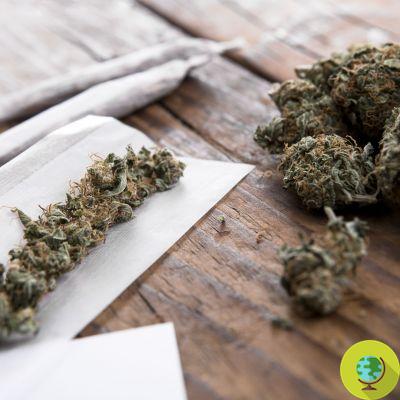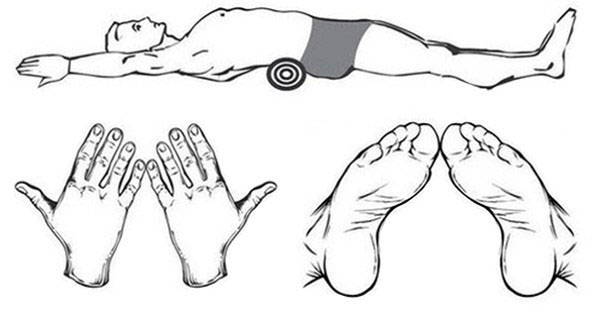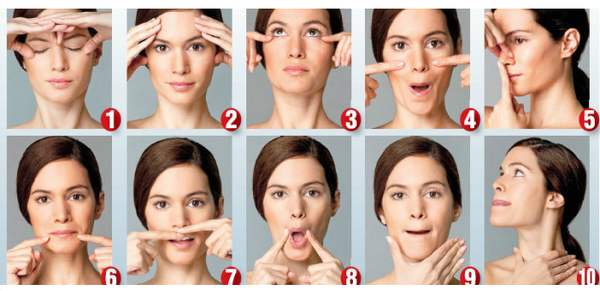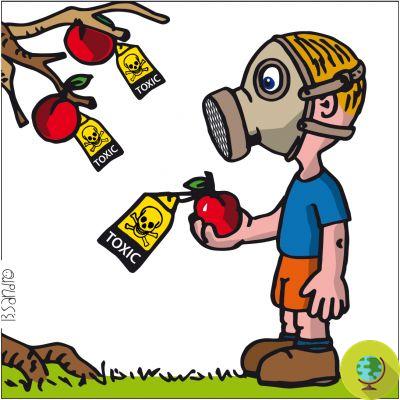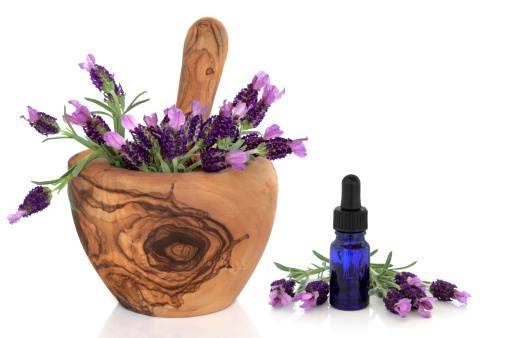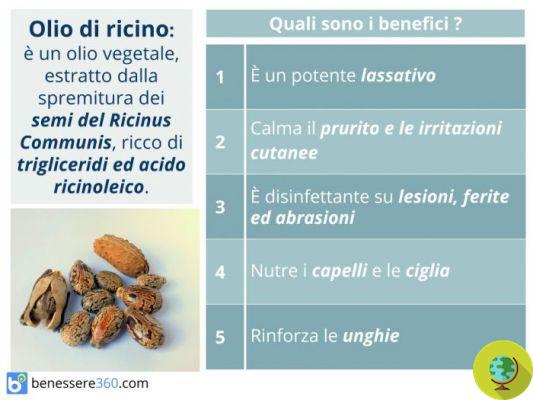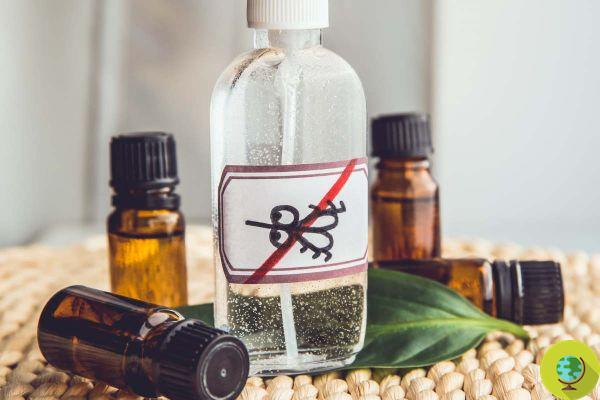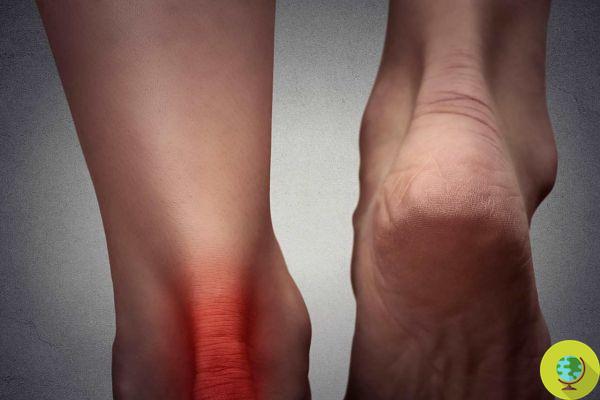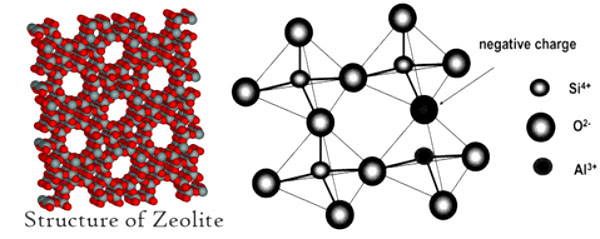Rhinitis, also called chorionic or nasal congestion, is inflammation of the nasal mucosa. Let's see the symptoms and the various types.
Don't store avocado like this: it's dangerousInflammation of the nasal mucosa: this is for large lines la rhinitis, Also called coryza or simply nasal congestion. Of nature infectious, anatomical (vasomotor rhinitis) or irritating, rhinitis is almost always accompanied by "runny nose" (the classic nasal discharge due to a excessive mucus secretion), gives sneezing e stuffy nose and it can be both chronic and acute. But what are the symptoms specific and how to recognize the various types of rhinitis?
What is certain is that rhinitis should not be underestimated, since it can degenerate into other disorders such as insomnia, learning difficulties and hearing impairment, while several studies would link poorly controlled allergic rhinitis to concomitant inflammations such as atopic dermatitis or asthma.
READ also: CLOSED NOSE: 5 DO-IT-YOURSELF NASAL DECONGESTANTS
Index
What is rhinitis, types and symptoms
Rhinitis is a 'irritation and inflammation of the nasal mucosa the most common symptoms of which are a feeling of stuffy nose, runny nose and post-nasal drip. It can be caused by allergic, non-allergic, hormonal, occupational, infection, and other factors. Many times it is associated with increased histamine production, particularly when caused by allergens, but in many others the precise cause is unknown.
In general, the typical symptoms are of a rhinitis:
- stuffy or runny nose
- frequent sneezing
- tearing
- headache
- conjunctivitis
- altered perception of the taste of food
READ also: ALLERGIES: NATURAL REMEDIES TO RELIEVE SYMPTOMS
La rhinitismoreover, it can be limited in time, and therefore give life to a shape acute, or become chronic. The most common causes are the cold and allergies, but it is not always easy to distinguish between viral and allergic rhinitis, which however is generally associated with itchy nose, eyes and throat.
The different forms of rhinitis are:
- Acute infectious or viral rhinitis, which includes forms of acute bacterial and viral infections
- Allergic rhinitis: it is the form triggered by the inhalation of pollen, mold, animal hair, dust, balsam of Peru, and other similar allergens that can be inhaled
- Non-allergic or vasomotor rhinitis, which includes anatomic rhinitis, hormonal, atrophic, gustatory rhinitis, medicamentous and drug-induced rhinitis
The last two forms can also be chronic.
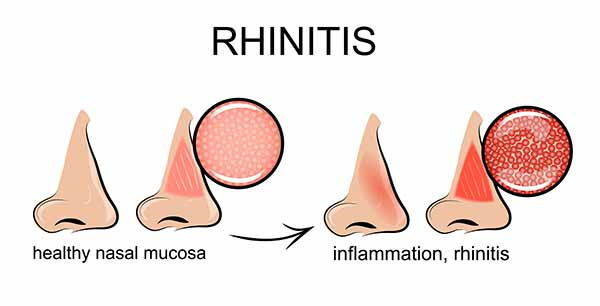
ACUTE RHINITIS
Acute rhinitis is precisely that linked to a cold. And so the typical (and transient) symptoms are:
- sneezing
- nasal obstruction
- feeling of being unwell
- cough
- postnasal drip
- anosmia (inability to perceive odors)
- mucus secretion (rhinorrhea)
READ also: CLOSED NOSE: 10 NATURAL REMEDIES AGAINST NASAL CONGESTION
Generally, it is good to pass the cold rhinitis spontaneously, although in any case it should not be neglected, in order not to run the risk of sinusitis or laryngitis. How to relieve the aches of a cold? Read them all here our advice.
ALLERGIC RHINITIS
It is the one caused by one reaction of the immune system to an environmental allergen, among which the most common are dust, mold, pollen and grasses, trees, balsam of Peru, animals and mites.
Inhaling these substances triggers an antibody response, which binds to mast cells which in turn release histamine, which in turn are the typical symptoms of so-called hay fever:
- itchy nose and burning
- edema of the nasal mucosa
- nasal hydrorrhea
Allergic rhinitis is in turn distinguished in:
- perennial or aperiodic, with symptoms similar to the seasonal form, with the difference, however, that it lasts throughout the year, so much so that generally the cause is to be attributed to the presence of domestic allergens
- perennial rhinitis not linked to documentable allergies (eosinophilic rhinitis, NARES), with an allergic-like reaction with an increase in eosinophils.
Among the symptoms we find:
- stuffy or runny nose
- itchy nose, eyes and throat
- sneezing
- tearing
VASOMOTOR RHINITIS
It is characterized by the form of chronic rhinitis with the same symptoms as allergic rhinitis but without allergy.
In these cases, the inflammatory process would be initiated by one excessive dilation of the blood vessels of the nasal mucosa and the accumulation in the nasal cavities of large quantities of blood and fluids. It is therefore a real process of vasodilation mostly caused by:
- a high temperature and sudden changes in temperature
- strong humidity
- exposure to toxic fumes or intense perfumes
- spicy or too hot foods
- stress
- alcoholic substances
- hormonal imbalances
- strenuous exercise
- strong emotions
- sexual arousal
- hormonal therapies or hormonal contraceptives
- some drugs such as i NSAIDs, beta-blockers, ACE inhibitors, nasal decongestants, drugs to treat erectile dysfunction and some tranquilizers
- presence of a damage to the turbinates (in this case we speak of ATROPHIC RHINITIS) or their total absence. The turbinates are specific areas of the nasal cavity, made up of tissues that have the task of humidifying the inside of the nose and preventing the entry into the body of bacterial agents and other potentially dangerous microorganisms.
It can also happen that vasomotor rhinitis occurs without the occurrence of these circumstances: in these cases, we speak of IDIOPATHIC VASOMOTOR RHINITIS.
In addition to the classic symptoms of rhinitis, chronic vasomotor-type rhinitis can also occur:
- sore nose
- feeling of discomfort in and around the nose
- reduced sense of smell
- formation of one or more scabs inside the nasal cavities
- your bottom line
- tendency to snore
Finally, if not treated adequately, chronic vasomotor rhinitis can lead to the onset of:
- sinusitis
- nasal polyps
- otitis
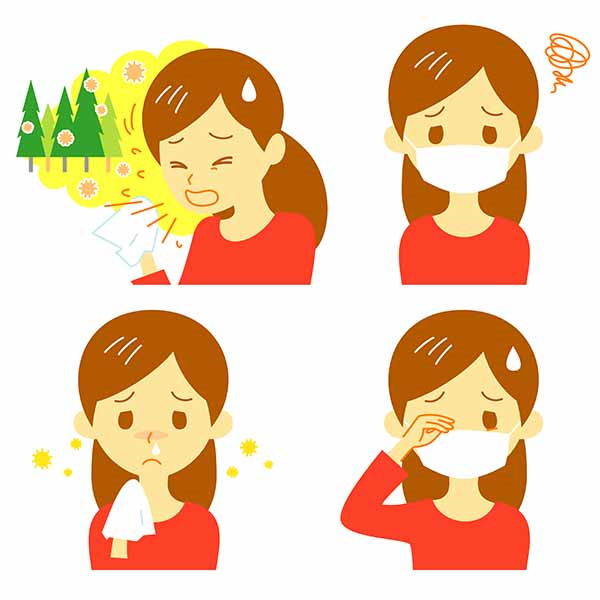
Rhinitis therapies and natural remedies
The treatment of rhinitis obviously depends on the triggering causes.
For chronic allergic-type rhinitis, it is generally necessary:
- avoid exposure to triggering allergens
- administer antihistamines
- use decongestants
But in any case, the opinion of your doctor must always be taken into consideration.
For chronic vasomotor-type rhinitis, it is generally necessary:
- avoid exposure to those factors that seem to lead to a dilation of the blood vessels of the nasal mucosa
- carry out nasal washes with saline solutions to cleanse the nasal cavities of excess mucus
use, under the doctor's prescription, corticosteroids or nasal sprays anticholinergics
Foods and natural remedies that can relieve symptoms:
- licorice, with anti-inflammatory properties, fights cough and helps expectorate
- nettle, in infusion or extract, blocks and slows the production of mucus and attacks produced mainly by pollen allergy
- honey, which contains pollen: for this reason, by eating it habitually (remember to take the organic one), the body gets used to it and consequently reduces the allergic reaction
- green tea, which prevents the production of histamine
- turmeric, which helps block immunoglobulin E and reduces allergy symptoms
You might also be interested in:
- ISTAMINE: THE FOODS THAT CONTAIN THE MOST (TABLE)
- NATURAL ANTHISTAMINS: 10 REMEDIES TO ALLERGIES
- ALLERGIES: NATURAL REMEDIES TO RELIEVE SYMPTOMS
Foods with histamine to avoid in case of rhinitis:
As for nutrition, you should generally avoid foods that contain histamine in larger quantities, such as:
- raw fish
- seafood
- aged cheese
- seasoned and smoked meat and fish
- sausages
- legumes, especially chickpeas
Germana Carillo





